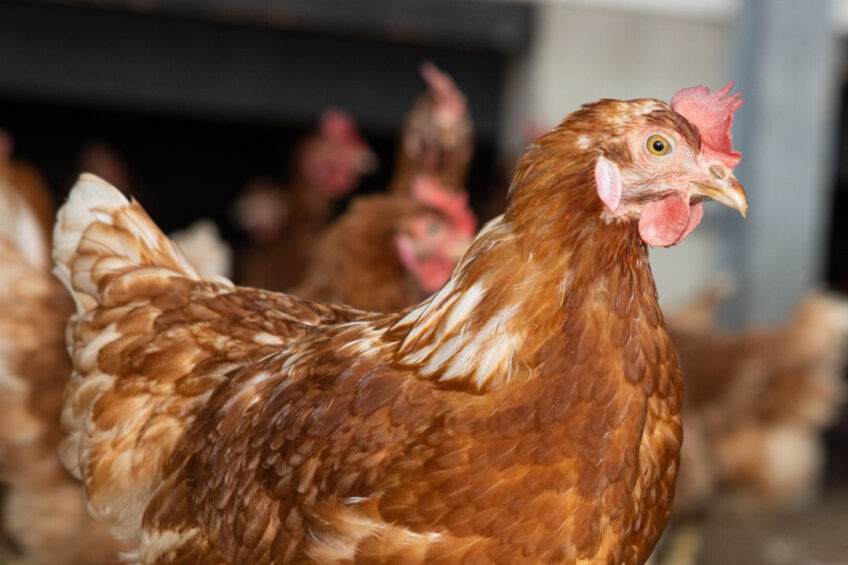Artificial Intelligence to detect poultry distress

Researchers believe that artificial intelligence could play a key role in boosting bird welfare in intensive poultry units.
The technology, which can quantify distress calls made by birds housed in sheds, correctly distinguished distress calls compared to other barn noises with a 97% accuracy level, according to a new study.
Until now, farmers have had to rely on stockmanship to distinguish welfare issues in individual birds and the deployment of human observers in large flocks is impractical and can further stress the birds.
“Our end goal is not to count distress calls, but to create conditions in which the chickens can live and have a reduced amount of stress…”
Alan McElligott, associate professor of animal behaviour and welfare at City University, Hong Kong, told the Guardian newspaper: “Chickens are very vocal, but the distress call tends to be louder than the others and is what we would describe as a pure tonal call.”
His team has developed a deep learning tool to automatically identify chicken distress calls based on recordings of individually farmed chickens.
“Our end goal is not to count distress calls, but to create conditions in which the chickens can live and have a reduced amount of stress,” said McElligott, who believes the technology could be commercially available within 5 years.
Reduce mortality and lower labour costs
He also believes that persuading farmers to use the technology may be relatively straightforward as finding disease early can stop mortality and a reduction in live-weight gains. It could also save human labour costs too.
The researchers recorded the vocalisations of chickens housed at Lingfeng Poultry, a major poultry produces in Guangxi province, China. The birds were kept in stacked cages (3 cages per stack, and 13-20 individual birds per cage) with around 2,000-2,500 birds in each barn.
The study has been published in the Journal of the Royal Society Interface.








